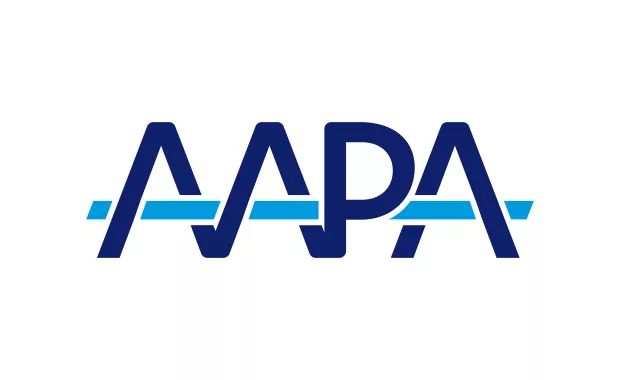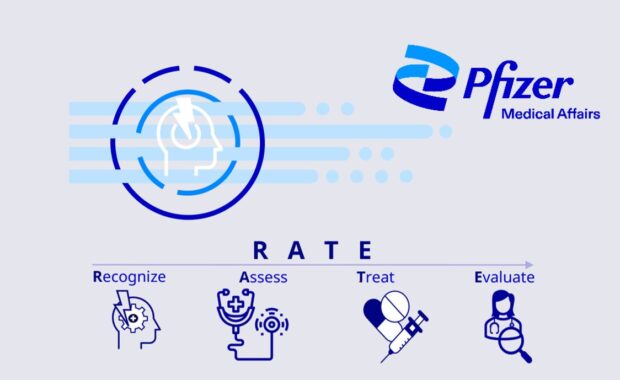5 Tips for Better Patient Nutrition Counseling
Ask Open-ended Questions, Conduct 24-Hour Diet Recall, Set Expectations
SPONSORED
November 13, 2020
PAs are in a unique position to be leaders in nutrition management on behalf of their patients. Addressing nutrition in sensitive ways can have a significant impact on patients’ overall health trajectory and quality of life. Here are five tips for PAs to consider as they counsel patients on nutrition.
- Remove the burden of blame for patients in eating discussions
According to Ashlyn Smith, PA-C, with Endocrinology Associates in Scottsdale, Arizona, and president of the American Society of Endocrine PAs, discussing nutrition can be daunting for clinicians and patients.
“It’s time consuming and we have to account for factors such as the patients’ finances, family dynamics, educational barriers,” says Smith. “Then we have to account for dietary fads and misconceptions about nutrition. I find it helpful to come up with talking points to make what the patient is going through seem a bit more common. For example, we can say things like ‘Many people struggle with skipping meals or snacking frequently – is that something we can work on?’ A discussion of lifestyle intervention can help to remove some of the burden of blame and help patients understand we are on their team.”
- Start with open-ended questions about patients’ diets
Smith generally starts with open-ended questions about a patient’s meals during a typical day. She has them start with breakfast then asks about snacks. “I’ll ask, between breakfast and lunch, and lunch and dinner, is there a snack? And that helps me gauge where they are in their nutritional education and any efforts they’ve tried to augment their nutrition. If they are unsure of how to answer general questions, then I’ll ask them to tell me how often they eat out or eat fast food. Or, I’ll say, ‘Tell me about some of the diets you’ve tried in the past’ to prompt their answers. I start off with open-ended questions and that helps direct our conversation.”
- Have patients complete a 24-hour dietary recall
Following the initial conversation, PAs may recommend that patients complete a dietary recall for 24 or more hours. A twenty-four-hour dietary recall begins first thing in the morning. It includes everything the patient eats and drinks in a twenty-four-hour period listed in three columns – time of day, specific type of food and drink, and amount, including meals and snacks.
“For example, if your patient had eggs, toast and coffee for breakfast,” says Smith, “suggest they write: Two fried eggs, cooked in one tablespoon of olive oil. One slice of whole wheat toast with one teaspoon of butter. One eight-ounce cup of coffee with one tablespoon of nonfat creamer. The dietary recall is most helpful when it reflects a typical day and is not adjusted to make the diet seem healthy. Tell patients to be honest and that they won’t be judged for their choices.”
- Talk about what they should eat, not what they shouldn’t
Beyond asking patients about skipping meals and snacking during the open-ended questions, Smith also discusses protein intake. “Many adults are under consuming the amount of protein they should have,” Smith says. “It can be below the 0.8 grams per kilogram per day that we already think is low. One thing that can be quite helpful is discussing protein intake because we talk so much about what patients shouldn’t eat. We don’t necessarily talk about what they should be eating. I want to be sure my patients are avoiding this relative malnutrition where they’re cutting back too much and missing key nutrients.”
- Set follow-up expectations with patients
Smith suggests that setting expectations for follow-up appointments is important to help patients succeed. “If we’re following a specific metabolic illness or watching diabetes, I’ll want to see how nutritional recommendations are affecting their blood sugar. So, I might follow them for a month or two. In general, a motivated patient is likely to come back. We want to see where they have been successful and where they might still be struggling. I document specific goals we have for that patient and when we meet again, I can follow up on those recommendations.”
A recent clinical study in BMJ Open Diabetes Research & Care on diabetes-specific nutrition shakes provides new evidence among everyday people living with diabetes. The pilot study from Abbott followed patients who remained on their typical or real-life diet and were asked to replace their usual breakfast and one afternoon or nighttime snack with diabetes-specific nutrition shakes. Among other results, the study demonstrates that small daily dietary changes like this can have a significant impact on glycemic response after meals. The study found that the use of diabetes-specific nutrition shakes to replace breakfast and as an afternoon or evening snack improves glycemic response.
To learn more about this directly from the study authors, please join a live webinar on Nov 20th at 12:00 pm EST. Register here: http://bit.ly/31vhGu0
For samples, coupons and additional patient resources for Ensure® and Glucerna®, click here.
You May Also Like
Unlocking the Value of Nutrition in Your Practice
Optimize Nutrition to Support a Healthy Immune System
PA Foundation Podcast: Approaching Patient Conversations Using National Nutritional Data
Photo by Adli Wahid on Unsplash
Thank you for reading AAPA’s News Central
You have 2 articles left this month. Create a free account to read more stories, or become a member for more access to exclusive benefits! Already have an account? Log in.



